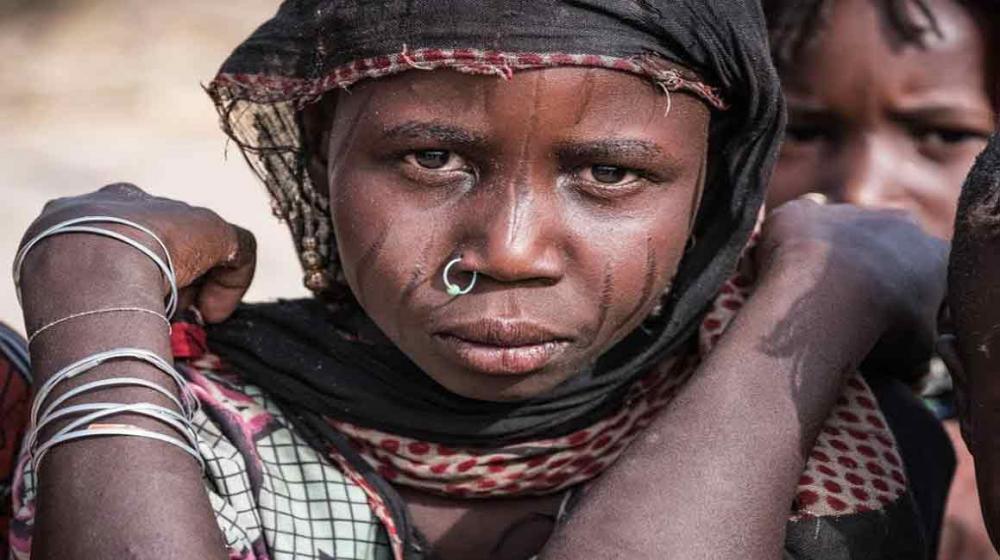Just Earth News 25 Apr 2017

UNICEF/Sokhin
Almellehan fled the violence in her home country about four years ago with her school books as her only belongings.
She spent nearly three years in Jordan, including 18 months in Za'atari refugee camp, where she made it her personal mission to get more girls into education, said UNICEF, noting that she went from tent to tent talking to parents to encourage them to send their children to school.
Education gave me the strength to carry on. I wouldn't be here without it Muzoon Almellehan, a 19-year-old Syrian refugee and education activist
Dubbed 'the Malala of Syria', Almellehan has travelled to areas affected by conflict, including in Chad and in Nigeria and spoken to children facing these challenges.
“Conflict can take away your friends, your family, your livelihood, your home. It can try to strip you of your dignity, identity, pride and hope. But it can never take away your knowledge,” said Almellehan.
“Meeting children in Chad who had fled Boko Haram reminded me of my own experiences in Syria. Education gave me the strength to carry on. I wouldn't be here without it.”
UNICEF response
In its response to this grave crisis in conflict-affected countries, UNICEF is running programes to get children back to learning, providing catch-up education and informal learning opportunities, training teachers, rehabilitating schools and distributing school furniture and supplies.
In Chad, one of the worst hit by this 'education crisis', UNICEF has so far this year provided school supplies to more than 58,000 students, distributed teaching materials to more than 760 teachers, and built hundreds of classrooms, learning spaces, latrines and sports fields. It has also supported the salaries of some 327 teachers for the 2016-2017 school year.
However, despite these efforts, funding shortfalls are affecting its efforts and only 40 per cent of the UN agency's 2017 education funding needs in Chad have been met.